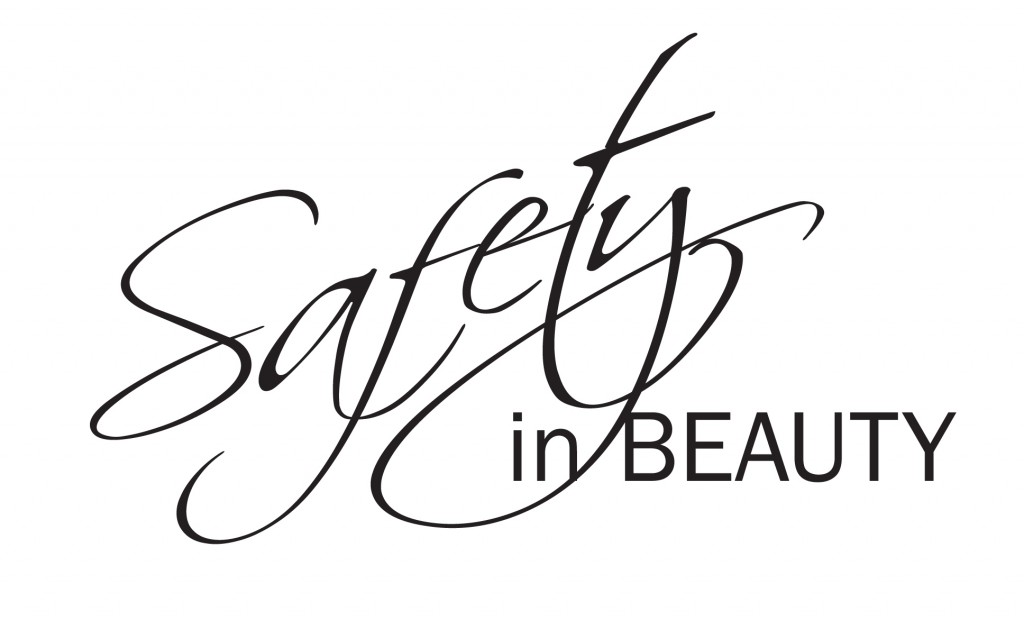 There is no escaping the word collagen; most products aimed at health and wellbeing, anti- ageing or skin health will usually contain the word somewhere. If you have been thinking about adding this staple ingredient to your wellness checklist then read on to find out what it is, what it does in your body, and whether collagen supplements are worth it.
There is no escaping the word collagen; most products aimed at health and wellbeing, anti- ageing or skin health will usually contain the word somewhere. If you have been thinking about adding this staple ingredient to your wellness checklist then read on to find out what it is, what it does in your body, and whether collagen supplements are worth it.
Collagen is a type of protein. Certain foods, such as animal skin and ligaments, are rich in collagen. Collagen is also available as a supplement. Many people hoping to support the health of their skin, joints, and hair will take collagen supplements daily or add collagen powder to their morning coffee, tea, or smoothie. Even though the use of collagen supplements and other collagen products is on the rise, most people don’t know what collagen actually is or what it does in the body.
What is collagen and why is it important?
Collagen is a type of protein. In fact, it’s the most abundant structural protein in animals. A structural protein is one that makes up the structure or framework of your cells and tissues. There are 28 known types of collagen, with type I collagen accounting for 90% of the collagen in the human body. Collagen is composed mainly of the amino acids glycine, proline, and hydroxyproline. These amino acids form three strands, which make up the triple-helix structure characteristic of collagen.
Collagen is found in connective tissue, skin, tendons, bones, and cartilage. It provides structural support to tissues and plays important roles in cellular processes, including tissue repair, immune response, cellular communication and cellular migration, a process necessary for tissue maintenance. Connective tissue cells called fibroblasts produce and maintain collagen.
As people grow older, their collagen becomes fragmented, fibroblast function becomes impaired, and collagen production starts to slow down. These changes, along with the loss of another key structural protein called elastin, lead to signs of ageing such as sagging skin and wrinkles.
Collagen uses Your body naturally produces collagen, and you can consume it through dietary sources such as chicken skin and fish skin as well as collagen supplements. Oral and topical collagen products like supplements and face creams are popular for treating signs of aging such as wrinkles, loss of skin hydration, and joint pain. You can buy collagen in powder, capsule, and liquid form.
You can take it as a supplement or add it to drinks both hot and cold, and also to food such as oatmeal, yogurt, and energy balls. Healthcare professionals also use collagen and collagen-based materials in the medical field, including in treating wounds, burns, and diabetic ulcers. Additionally, cosmetics companies use collagen in products like moisturizers and serums because of its moisturizing and humectant properties.
What causes collagen loss?
As you age, your collagen production naturally declines. Additionally, collagen becomes fragmented and more loosely distributed. These changes lead to the characteristic signs of aging, such as wrinkles and dry, sagging skin. The integrity of the collagen found in the skeletal system decreases with age as well, leading to reductions in bone strength. While collagen loss and damage as you age are inevitable, certain dietary and lifestyle factors can accelerate this process.
For example, smoking cigarettes is known to degrade collagen and cause skin ageing, wrinkles, and loss of elasticity. Excessive drinking has also been shown to accelerate skin ageing by reducing collagen production and damaging skin repair mechanisms. Additionally, following a diet high in added sugar and ultra-processed foods can lead to premature aging by contributing to a process called glycation, which reduces collagen turnover and interferes with collagen’s ability to interact with surrounding cells and proteins.
Follow a healthy lifestyle with a varied diet accompanied by exercise and stay younger, fitter and healthier longer. Your collagen will thank you for it.
